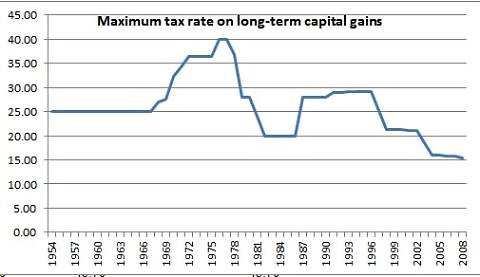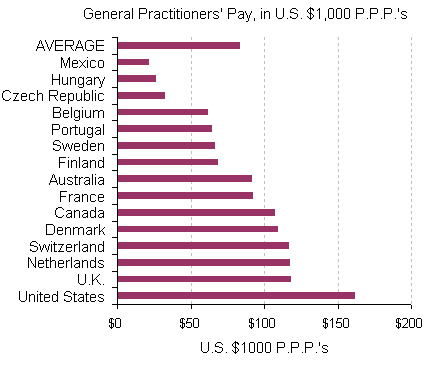It has never been clear to me how borrowing money will improve the economy. The borrowed (or created) money must produce a return that is greater than the cost of borrowing it for this to work.
The Government is not a business and does not operate on a profit motive. Not the best entity to get a return from investments.
Borrow and spend plans can only stimulate the economy for a short time. Then the bills come due. Eventually the cost of servicing the debt will exceed the economies ability to support it.
The Government is not a business and does not operate on a profit motive. Not the best entity to get a return from investments.
Borrow and spend plans can only stimulate the economy for a short time. Then the bills come due. Eventually the cost of servicing the debt will exceed the economies ability to support it.


